Energy Audits

What is an Energy Audit?
An energy audit is an inspection, survey, and analysis of energy flows, for energy conservation in a building, process, or system to reduce the amount of energy input into the system without negatively affecting the output(s). In commercial and industrial real estate, an energy audit is the first step in identifying opportunities to reduce energy expenses and carbon footprints.
Benefits of an Energy Audit
Our energy audit services can provide you with a range of benefits. The findings of an energy audit can be a good reference for your management in supporting commercial decisions ranging from capital investment projects through to implementation of an Energy Management System (EnMS) in accordance with ISO 50001.
Our Services
- Conducting of an energy audit and reporting the findings including financial analysis of any energy conservation measures according to the requirements of BS EN 16247
Energy Savings Opportunity Scheme (ESOS)
What is ESOS?
The Energy Savings Opportunity Scheme (ESOS) is a mandatory energy assessment and energy saving identification scheme for large undertakings* (and their corporate groups). The scheme applies throughout the UK. For the purposes of ESOS, an undertaking is a large undertaking if it meets the following criteria:

Compliance Dates
ESOS must be complied with every four years starting from the first compliance Phase which ended on the 5th December 2015. The
remaining compliance cycle is as follows:
| Phase | Qualification Dates | Four Year Compliance Phase | Compliance Date |
|---|---|---|---|
| Phase 1 | 31 Dec 2015 | 6 Dec 2011 – 5 Dec 2015 | 5 Dec 2015 |
| Phase 2 | 31 Dec 2018 | 6 Dec 2015 – 5 Dec 2019 | 5 Dec 2019 |
| Phase 3 | 31 Dec 2022 | 6 Dec 2019 – 5 Dec 2023 | 5 Jun 2024 |
| Phase 4 | 31 Dec 2026 | 6 Dec 2023 – 5 Dec 2027 | 5 Dec 2027 |
Our Services
- Once the Phase 3 compliance deadline has passed, businesses must show evidence of an action plan in place. Firms must provide an annual SECR report which includes progress on their energy efficiency. By Phase 4, it will be mandatory to have met targets (or explain why these have not been met).
- A reduction of the 10% de minimis exemption to up to 5%.
- The addition of an energy intensity metric in ESOS reports. This needs to be expressed in terms of kWh/m2 for buildings, kWh/unit output for industry and kWh/miles travelled for transport.
- A standardised template for including compliance information in the ESOS report. This will generally comprise ESOS information that participants will already have available.
- ESOS reports must be shared with subsidiaries.
- ESOS reports will require more information on next steps for implementing recommendations.
- Additional data will be collected for compliance monitoring and enforcement, including data on corporate structure, details of energy consumption and emissions, and energy intensity metrics.
How do you comply with ESOS?
In simple terms, an ESOS Assessment requires participants to do three things:
- Measure your total energy consumption
- Conduct energy audits to identify cost-effective energy efficiency recommendations
- Report compliance to the responsible body (as the scheme administrator)
Our Services
- Assist in gathering and verifying the energy use covering buildings, processes and transport.
- Conduct an energy audit and reporting the findings including financial analysis of any energy conservation measures according to the requirements of BS EN 16247
- Provide a report containing a number of Energy Conservation Measures (ECM’s) including Life Cycle Cost Analysis (LCCA), which are wholly applicable to their business. A registered ESOS Lead Assessor will sign this off.
- Report compliance on your behalf to the responsible body.
